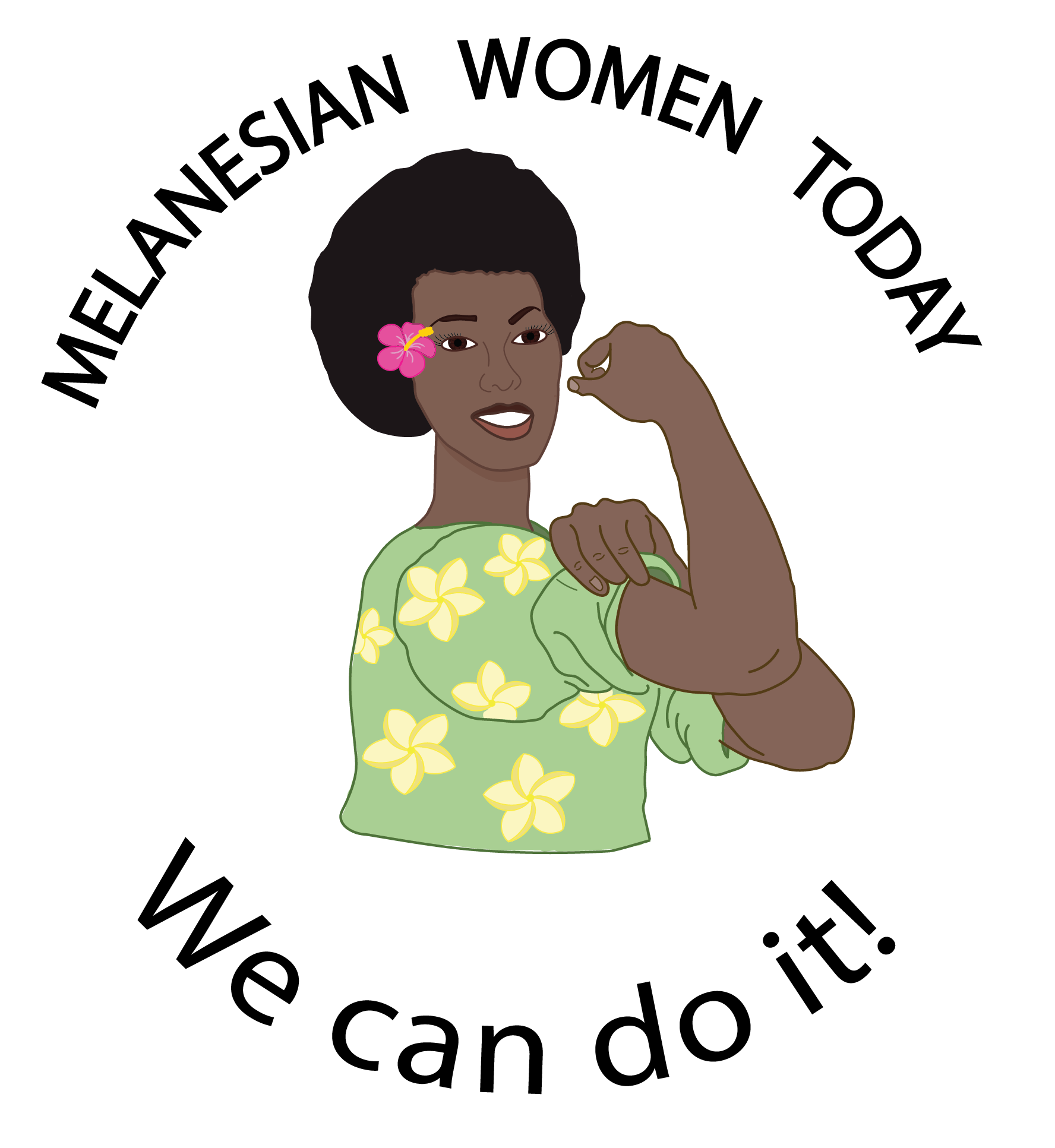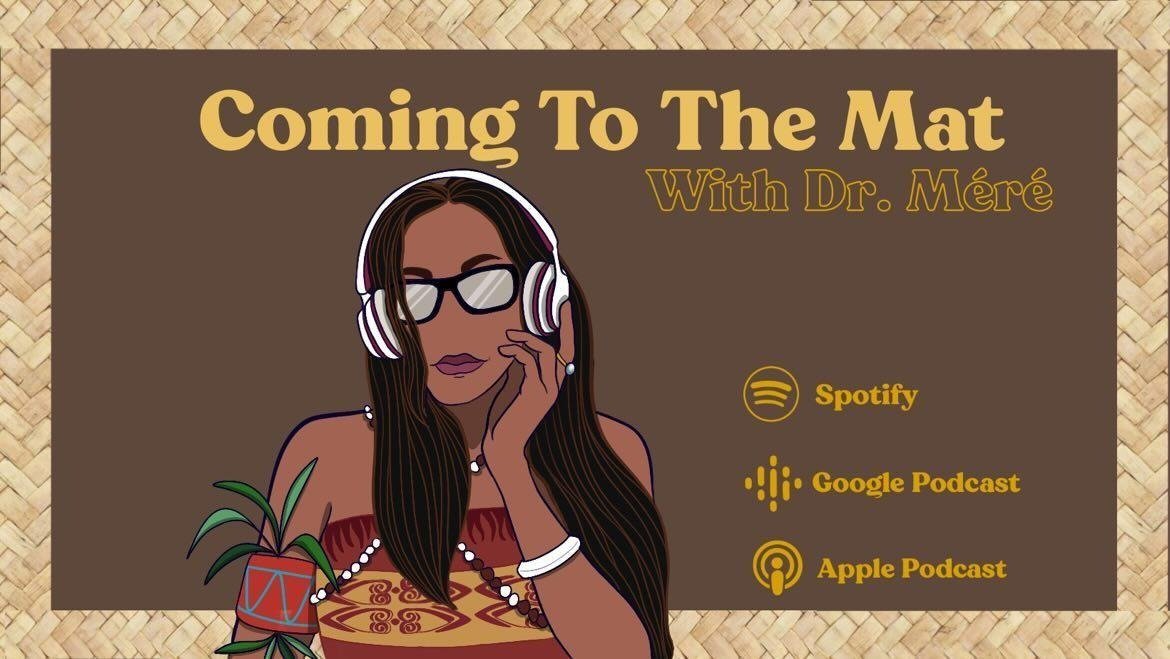In many western countries progress is measured using GDP or Gross Domestic Product. GDP is the measure of all things produced within the borders of a country and then sold. Many countries have placed their hope that by measuring GDP they can follow the footsteps of western nations in lifting their populations into a better life. Since its inception, GDP has been criticized for many reasons, for example; how can unlimited growth be sustainable? How does GDP measure the well-being of the population? The answer is, it doesn't and it also isn’t sustainable.
Vanuatu is a nation where a large majority of the population lives off the land in a subsistence lifestyle. They live comfortably because almost all ni-Vanuatu have access to traditional land, languages and culture which are the real foundations of well-being and contentment. The land is so fertile, providing not only food but also housing and more. Harnessing their traditional knowledge means they also live sustainably and their traditions, or Kastom, care for them as people as whole beings. However, none of this contributes to GDP which calls into question the usefulness of it as a measure of progress. This is especially true given that Vanuatu has no intention of giving up its traditions and way of life.
Vanuatu is one of the few nations in the world that has refused to accept GDP as a measurement to decide how their country has been developing. In its unique way, Vanuatu has decided to measure its citizens well-being to understand its progress to ensure that decisions that are made affect well-being. GDP is still measured, but the well-being of the population is taken into consideration alongside it. In this episode, we interview Jamie Tanguay of the Vanuatu National Statistics Office to better understand this process and how it is undertaken.
Links:
- Vanuatu National Statistics Office https://vnso.gov.vu/index.php/en/
- Alternative Indicators of Wellbeing for Melanesia: Cultural values driving public policy. https://link.springer.com/chapter/10.1007/978-1-137-46458-3_11
- Melanesian Spearhead Group https://msgsec.info/
"Many indicators that are now prominent in the Vanuatu development framework are relatable across the Pacific. If the work Vanuatu is doing can help influence other countries in the Pacific to be more concerned with the well-being of their people rather than focused on endless GDP growth, that is the future we want to see. A future with balanced and well-being centered governance and development." Jamie Tanguay @MetaloJamie
"This important report will be of great interest to all those interested in sustainability, self-sufficiency, traditional landrights and culture. It should also interest those economists who have often denigrated Vanuatu's oft-announced suspicions of the 'modern development agenda' promoted by all and sundry. This agenda seems to have always been oblivious to the fact that almost all ni-Vanuatu have access to traditional land, languages and culture which are the real foundations of Well-being and Contentment. As many economists seem to rely only on 'data' to enable them to think about anything, here is the data that will help them to understand that what many in Vanuatu have been saying for years is actually true." Kirk Hauffman
Music Credit: Surisuri basatura, choeur d'hommes (Maewo) at https://www.youtube.com/watch?v=EjjsSvepLjc

